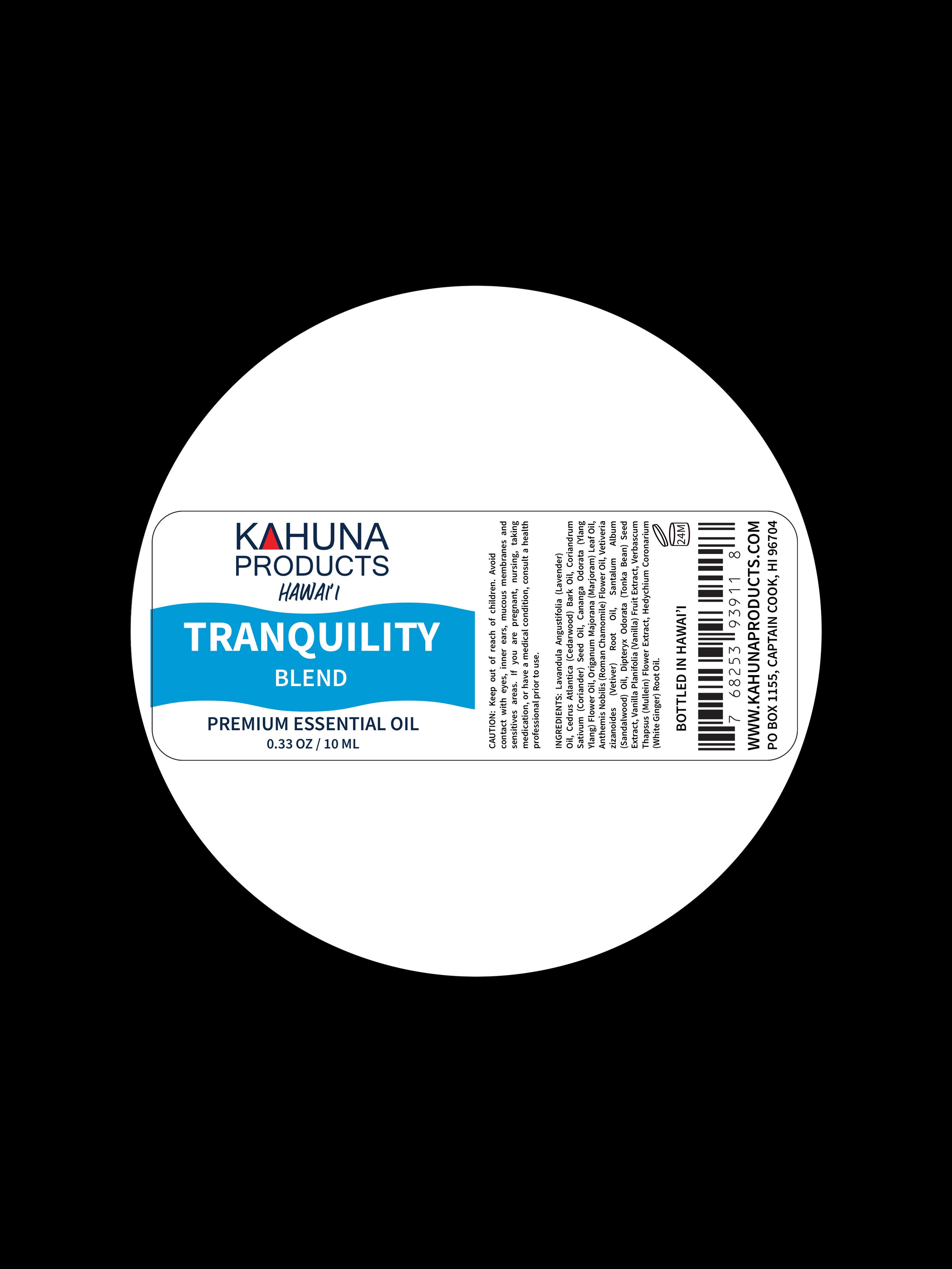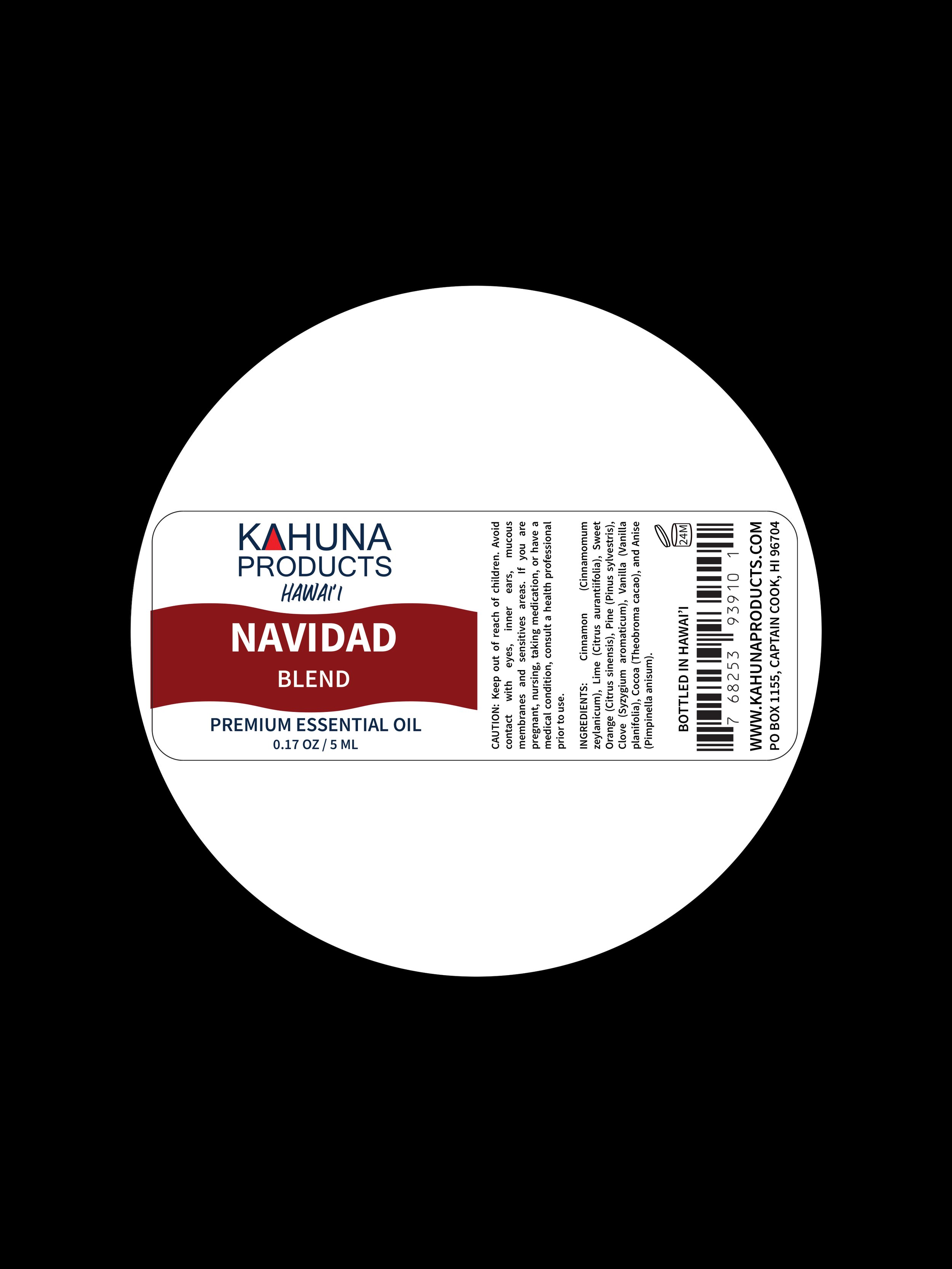 Image 1 of 2
Image 1 of 2

 Image 2 of 2
Image 2 of 2



OPOPANAX ESSENTIAL OIL
Commiphora gorinii, also known as African myrrh, is a species of flowering plant native to Africa. Its essential oil, extracted from resin, carries a range of potential benefits and uses in aromatherapy:
Antimicrobial Properties: African myrrh essential oil may possess antimicrobial properties, making it useful in fighting off bacteria, viruses, and fungi. This makes it a potential ingredient in homemade cleaning products or diffused to purify the air.
Anti-inflammatory Effects: The oil may have anti-inflammatory effects, which could be beneficial for alleviating pain and swelling associated with conditions like arthritis or muscle soreness. Diluted oil can be massaged onto affected areas or added to bath water for a soothing soak.
Respiratory Support: Some believe that African myrrh essential oil can help alleviate respiratory issues like coughs, colds, and congestion. It can be diffused in the air or added to steam inhalation blends to ease breathing and clear nasal passages.
Skin Care: With its potential antimicrobial and anti-inflammatory properties, African myrrh essential oil might be beneficial for skin health. It could be added to skincare products like lotions or creams to help combat acne, soothe irritation, and promote overall skin wellness.
Mood Enhancement: Like many essential oils, African myrrh oil may have aromatherapeutic benefits for mood enhancement and relaxation. Its warm, earthy aroma could help reduce stress, anxiety, and promote a sense of calm when diffused or added to a bath.
Spiritual and Ritual Uses: Myrrh has a long history of use in spiritual and religious ceremonies. African myrrh essential oil may be used in aromatherapy practices aimed at enhancing meditation, prayer, or other spiritual activities.
Remember to always dilute essential oils properly before applying them to the skin and to perform a patch test to check for any adverse reactions. Additionally, pregnant or nursing women, children, and individuals with certain medical conditions should consult with a healthcare professional before using African myrrh essential oil or any other essential oils for therapeutic purposes.
Commiphora gorinii, also known as African myrrh, is a species of flowering plant native to Africa. Its essential oil, extracted from resin, carries a range of potential benefits and uses in aromatherapy:
Antimicrobial Properties: African myrrh essential oil may possess antimicrobial properties, making it useful in fighting off bacteria, viruses, and fungi. This makes it a potential ingredient in homemade cleaning products or diffused to purify the air.
Anti-inflammatory Effects: The oil may have anti-inflammatory effects, which could be beneficial for alleviating pain and swelling associated with conditions like arthritis or muscle soreness. Diluted oil can be massaged onto affected areas or added to bath water for a soothing soak.
Respiratory Support: Some believe that African myrrh essential oil can help alleviate respiratory issues like coughs, colds, and congestion. It can be diffused in the air or added to steam inhalation blends to ease breathing and clear nasal passages.
Skin Care: With its potential antimicrobial and anti-inflammatory properties, African myrrh essential oil might be beneficial for skin health. It could be added to skincare products like lotions or creams to help combat acne, soothe irritation, and promote overall skin wellness.
Mood Enhancement: Like many essential oils, African myrrh oil may have aromatherapeutic benefits for mood enhancement and relaxation. Its warm, earthy aroma could help reduce stress, anxiety, and promote a sense of calm when diffused or added to a bath.
Spiritual and Ritual Uses: Myrrh has a long history of use in spiritual and religious ceremonies. African myrrh essential oil may be used in aromatherapy practices aimed at enhancing meditation, prayer, or other spiritual activities.
Remember to always dilute essential oils properly before applying them to the skin and to perform a patch test to check for any adverse reactions. Additionally, pregnant or nursing women, children, and individuals with certain medical conditions should consult with a healthcare professional before using African myrrh essential oil or any other essential oils for therapeutic purposes.
Commiphora gorinii, also known as African myrrh, is a species of flowering plant native to Africa. Its essential oil, extracted from resin, carries a range of potential benefits and uses in aromatherapy:
Antimicrobial Properties: African myrrh essential oil may possess antimicrobial properties, making it useful in fighting off bacteria, viruses, and fungi. This makes it a potential ingredient in homemade cleaning products or diffused to purify the air.
Anti-inflammatory Effects: The oil may have anti-inflammatory effects, which could be beneficial for alleviating pain and swelling associated with conditions like arthritis or muscle soreness. Diluted oil can be massaged onto affected areas or added to bath water for a soothing soak.
Respiratory Support: Some believe that African myrrh essential oil can help alleviate respiratory issues like coughs, colds, and congestion. It can be diffused in the air or added to steam inhalation blends to ease breathing and clear nasal passages.
Skin Care: With its potential antimicrobial and anti-inflammatory properties, African myrrh essential oil might be beneficial for skin health. It could be added to skincare products like lotions or creams to help combat acne, soothe irritation, and promote overall skin wellness.
Mood Enhancement: Like many essential oils, African myrrh oil may have aromatherapeutic benefits for mood enhancement and relaxation. Its warm, earthy aroma could help reduce stress, anxiety, and promote a sense of calm when diffused or added to a bath.
Spiritual and Ritual Uses: Myrrh has a long history of use in spiritual and religious ceremonies. African myrrh essential oil may be used in aromatherapy practices aimed at enhancing meditation, prayer, or other spiritual activities.
Remember to always dilute essential oils properly before applying them to the skin and to perform a patch test to check for any adverse reactions. Additionally, pregnant or nursing women, children, and individuals with certain medical conditions should consult with a healthcare professional before using African myrrh essential oil or any other essential oils for therapeutic purposes.
-
INCI NAME: Commiphora Erythraea Glabrescens (Opopanax) Oil.
ORIGIN: Ethiopia. Bottled in Hawai’i.
PART USED: Oleo-gum Resin.
EXTRACTION METHOD: Steam Distilled Essential Oil.
NOTE CLASSIFICATION: Base to Middle Note, Fixative.
-
African myrrh essential oil blends well with a variety of other essential oils, enhancing its therapeutic effects and creating complex aromatic profiles. Here are some essential oils that pair nicely with African myrrh:
Frankincense: Both myrrh and frankincense have been used together in traditional practices for centuries. They complement each other's warm, resinous aromas and share similar therapeutic properties, making them an excellent combination for relaxation and spiritual practices.
Lavender: Lavender's floral and herbaceous scent balances well with the earthy, balsamic aroma of myrrh. This blend is soothing and calming, ideal for promoting relaxation, reducing stress, and supporting sleep.
Sandalwood: Sandalwood adds a creamy, woody note to the blend, enhancing myrrh's grounding qualities. Together, they create a deep, meditative aroma that can help center the mind and promote a sense of inner peace.
Patchouli: Patchouli's rich, earthy scent complements the resinous aroma of myrrh, creating a warm and comforting blend. This combination is often used in aromatherapy for its grounding and mood-stabilizing effects.
Cedarwood: Cedarwood's woody aroma adds depth and warmth to the blend, enhancing its grounding properties. Together, they create a soothing and calming atmosphere, ideal for meditation or relaxation practices.
Geranium: Geranium's floral and slightly citrusy scent balances the earthiness of myrrh, creating a harmonious and uplifting blend. This combination is often used in skincare for its rejuvenating and balancing effects on the skin.
Citrus Oils (such as Orange, Lemon, or Bergamot): Citrus oils add brightness and freshness to the blend, uplifting the overall aroma. They can help balance the deep, resinous notes of myrrh and create a more uplifting and invigorating atmosphere.
When blending essential oils, start with small amounts and adjust the proportions according to your preference. Experimenting with different combinations can help you discover unique aromas and therapeutic benefits tailored to your needs.
-
They can be inhaled directly from the bottle, diffuser, or humidifier.
They should be diluted with a carrier oil when applied to your skin. We suggest a 4% dilution rate.
You can also add them to your favorite skincare products.
Essential oils are not safe for consumption unless you are under a health practitioner's guidance.
-
100% Pure Essential Oil.
Unrefined, Undiluted, No Fillers, No Synthetics, Organic, and Sustainably sourced.
-
0.33 oz / 10 ml
Amber glass bottle with euro dropper.
-
Keep out of reach of children. The bottles are a choking hazard. Avoid contact with eyes, inner ears, mucous membranes, and sensitive areas. If you are pregnant, nursing, taking medication, or have a medical condition, consult a health professional prior to use.
Animals are more sensitive to certain scents; consider your pets while choosing essential oils.
While not all essential oils have the same effect on everyone, the key is finding which ones work best for you. You are the individual and know what is best for you. So experiment and find your path.
The products described on this website are not intended to diagnose, treat or prevent any disease or to affect any structure or function of the skin or body. The information on this website is not medical advice and is not a substitute for consulting with a healthcare provider.





